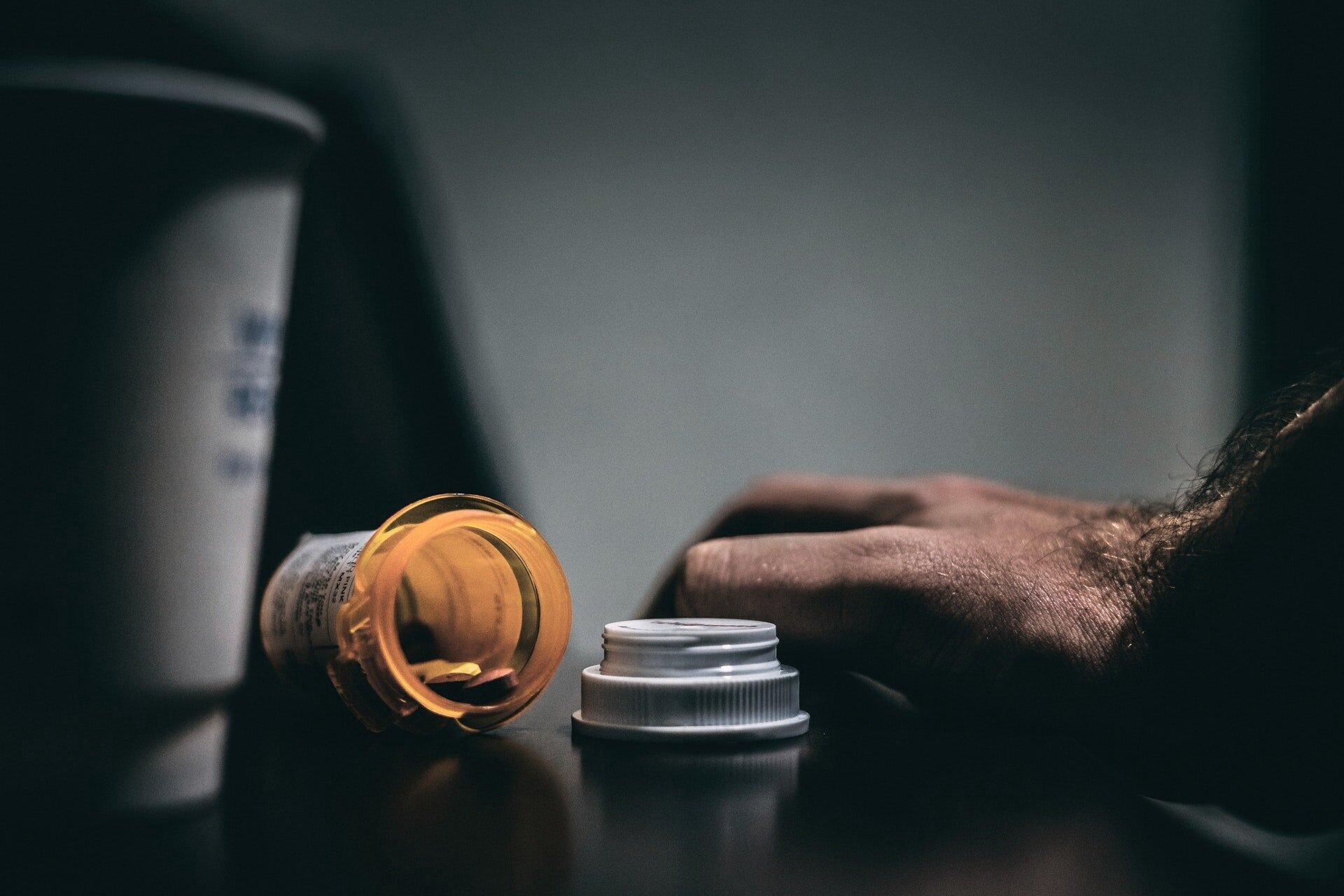
A Ghost Story - Part II
1980’s Austin/ Image: r/Austin
For the next four years, Lydia and Danny saw each other at least once a week, spoke on the phone every night, texted frequently throughout the day. They weren’t lovers -- neither had that kind of interest in the other -- but they were close, if not best, friends. What Lydia learned, almost from the outset, was that Danny was funny. His one-liners and witty sense of humor could have landed him spots in comedy clubs, but that wasn’t his thing; he was just a naturally funny guy, and people thought of him that way -- as a bit of an entertainer. Consequently he had lots of friends and admirers, though his popularity never translated into much of anything in the girlfriend department. He’d had one marriage that ended in divorce after producing a son and daughter, and that was it. For Lydia, an only child, he was the closest thing she’d ever had to a brother.
And then he got sick. He wasn’t a cigarette smoker, but he’d been coughing a lot, serious fits that racked his whole body, and his doctors diagnosed exactly what he most feared: lung cancer. In the beginning, the prognosis was hopeful (the doctors gave him a good 2-3 years, if not more), and he learned to live with the disease, going to parties, driving Uber, working with clients as he’d always done, even though the chemo made him extremely tired. But then, at the end of his first year, things went south, and suddenly he had six weeks to live. Lydia began to stop by his apartment every day.
Although she knew other people visited, she never saw anyone else when she was there. Hospice nurses and caregivers stopped by in the morning, and Danny’s daughter, Jennifer, whom Lydia had never met, kept the fridge filled with juices and take-out. Lydia’s job, as she saw it, was to keep Danny entertained, get him anything he needed and tidy up.
Image: Wallace Chuck
Danny told Lydia that he wanted a joyous death. He asked her to video him expounding on his life and all the things he’d learned, but mostly he talked about the fact that he was a devout atheist and love was all that mattered.
By the second day of filming, his thoughts, which had been cogent the day before, wandered too much to make sense. Lydia, living deeply in the moment, realized that this process of dying was going to be quicker than she’d anticipated. There wouldn’t be a wealth of time, as she’d hoped, but rather a swift decline, with rapidly occurring cognitive changes that, whether due to illness or drugs, would take Danny to a place where she could no longer communicate with him. Holding back tears, she’d tuck him in under his blanket and bring him glasses of water. One afternoon, looking for hand lotion, she discovered a rolled up sock containing a wad of cash in his night table drawer. “Jesus, Danny, what’s this doing here?” she yelped.
Turned out it was a considerable amount of money, eighteen thousand dollars, his life savings. “Put it back in the drawer,” Danny ordered.
Lydia told him that wasn’t safe, the drawer was too obvious a place with all the different health care workers coming in and out of the apartment. After some deliberation, she pushed the sock deeply into a sneaker in a shoebag in the closet. “This is where I’ve hidden it,” she told Danny, who nodded as if he understood what she was saying.
But he didn’t, brain too foggy from drugs. And there was hell to pay.


